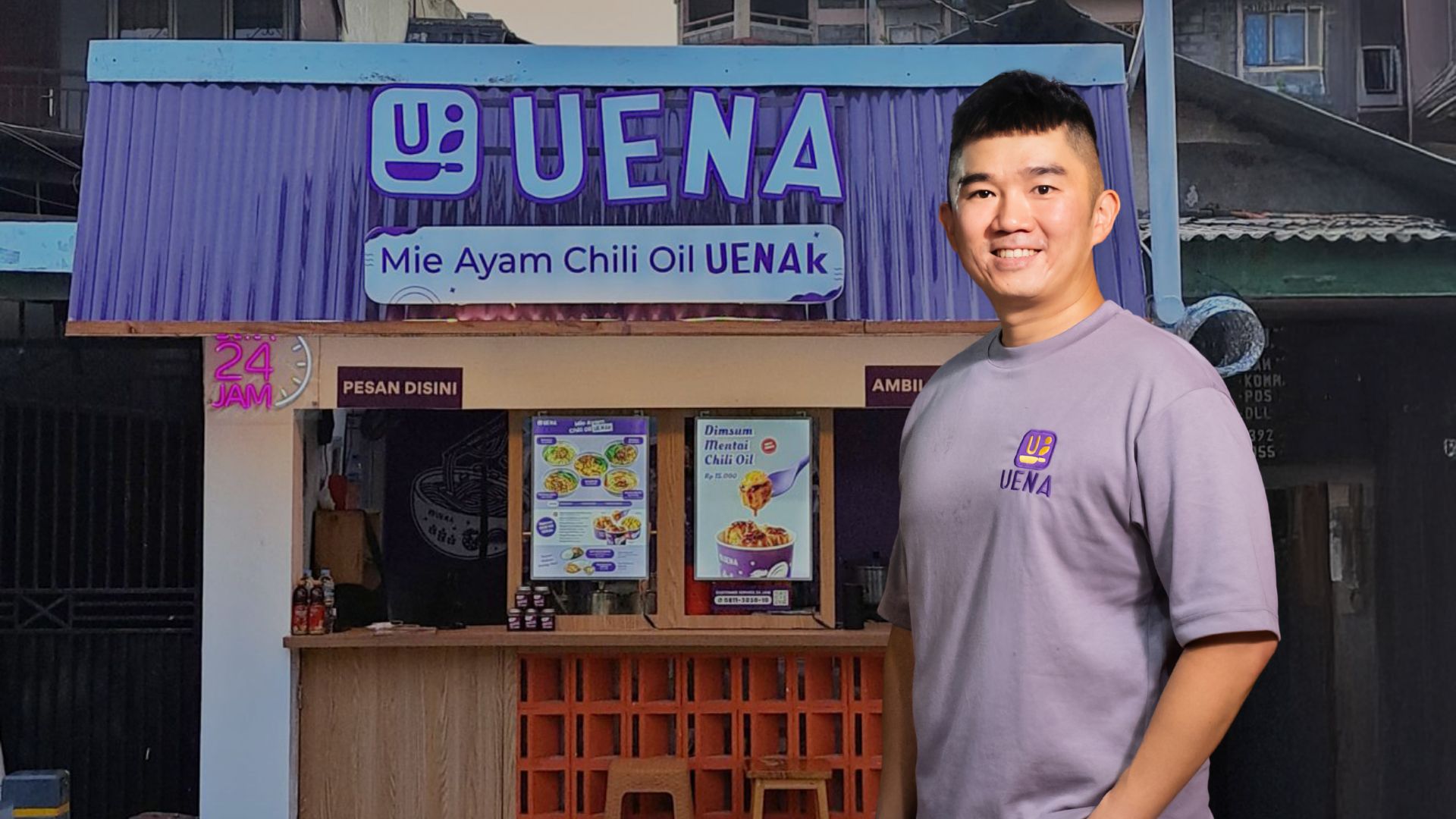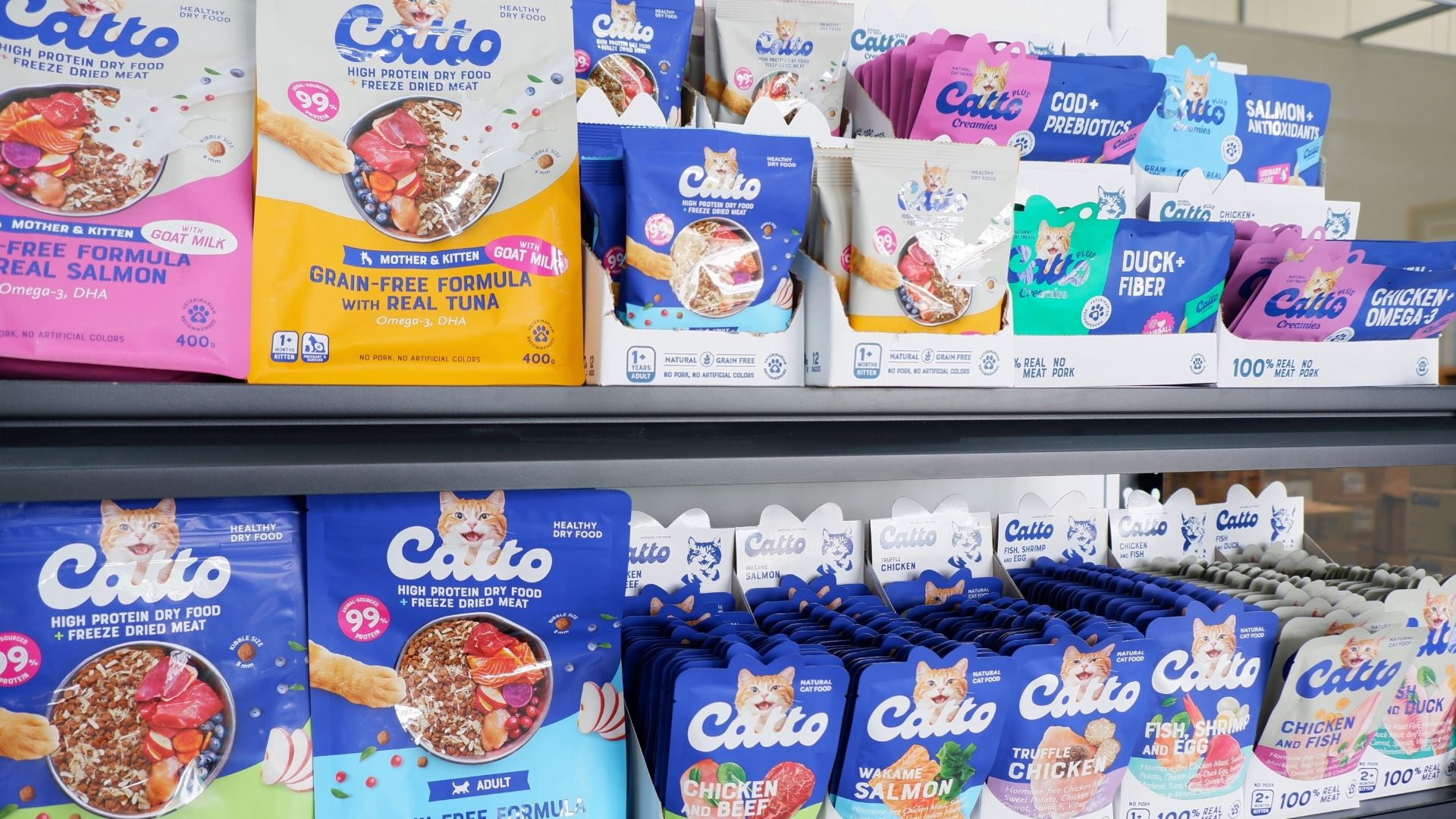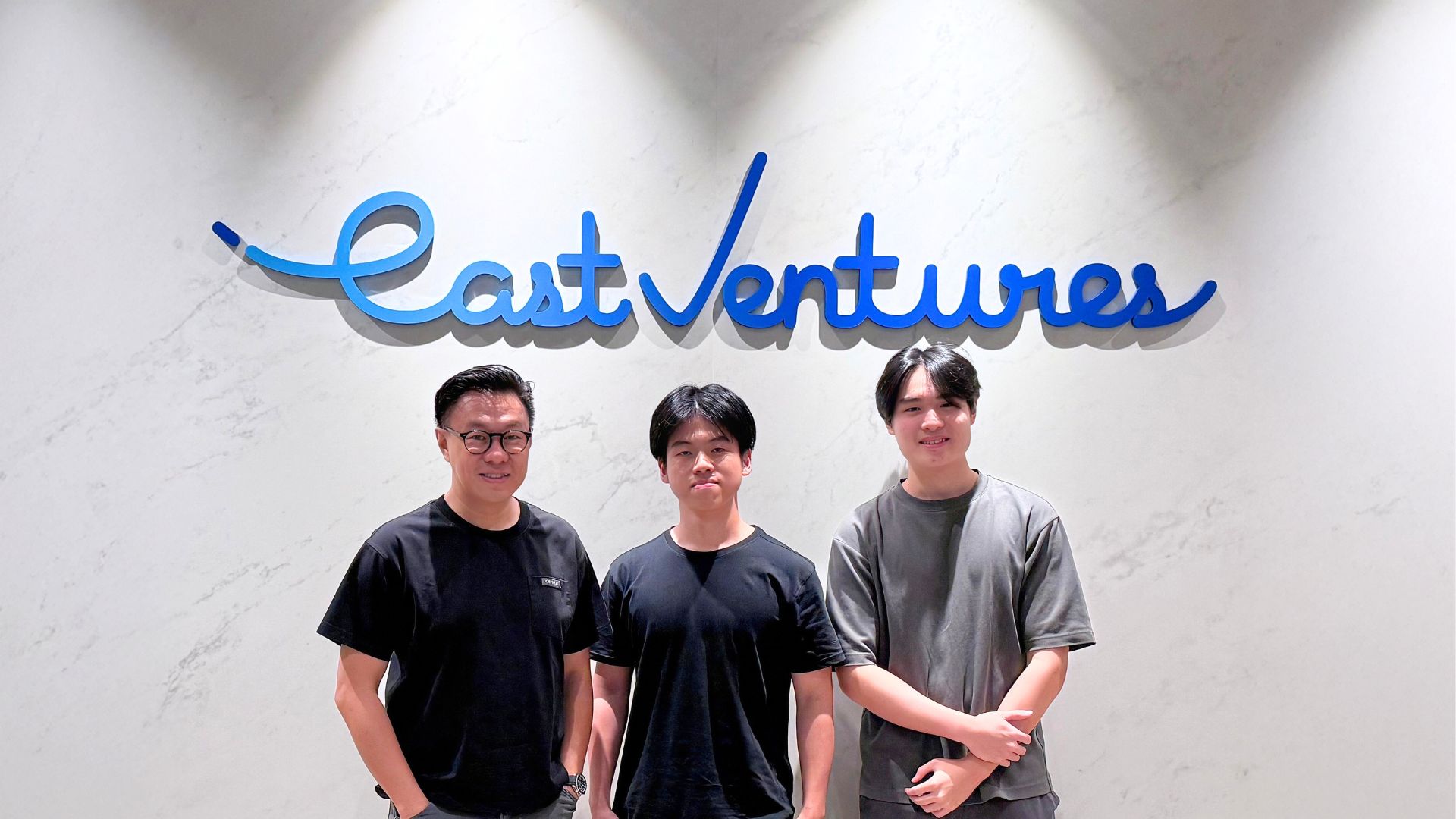Discover the latest insights and news from East Ventures’ ecosystem.
Press Release
East Ventures launches “My First $1000” to enable Singapore youths to experience real entrepreneurship
East Ventures, a venture capital firm in Southeast Asia, has launched My First $1000, an eight-week youth entrepreneurship program for students in Singapore to execute business ideas with integrity, ownership, and accountability. Designed for students aged 14 to 18 across Secondary 3 and 4, Junior…
From Portfolios
Beyond the hype: The grit behind Mighty Jaxx’s blueprint of profitability
To the untrained eye, the collectibles industry often looks like a game of pure hype: driven by trends, limited drops, and consumer frenzy. But the reality is far more complex. It is a game of logistics, intellectual property (IP) rights, and precise unit economics. The…
Insights
Investing in health tech to tackle Indonesia’s greatest challenges
The COVID-19 pandemic has exposed critical gaps in Indonesia’s healthcare infrastructure, revealing structural and systemic shortcomings requiring scalable solutions. While revolution in this highly regulated sector does not happen overnight, we are now witnessing a pivotal shift driven by the Omnibus Health Law (Law No.…
From Portfolios
7 Keys for staying relevant in an evolving consumer landscape by Southeast Asia’s women founders
Consumer startups in Southeast Asia (SEA) have shown remarkable resilience, maintaining growth momentum despite economic uncertainty. To stay ahead in this competitive and rapidly changing market, founders must continuously adapt to the evolving landscape of consumer behavior. The latest e-Conomy SEA report by Google, Temasek,…
From Portfolios
Alvin Arief’s journey in cooking UENA: Indonesia’s emerging tech-enabled F&B brand
Let’s start with the why: Indonesia is home to a burgeoning, digitally savvy urban middle class. This mass market, which makes up the largest segment—167 million people—allocates more than half of its expenses on food. The F&B (Food & Beverage) industry in Indonesia is a…
Insights
The shift towards the “wellness economy” in Southeast Asia’s consumer
Walk through Jakarta, Bangkok, or Ho Chi Minh City, and you will somehow experience a “deja vu”: padel courts are fully booked, boutique pilates studios have waiting lists, and new healthy food brands are rapidly expanding. Many have labeled this phenomenon the “wellness economy,” which…
From Portfolios
How Compawnion is redefining nutrition in Indonesia’s pet food market
Imagine this: You are a dog owner of over five years. Over the years, you wanted to give your dog the best nutrition, but could not even after trying countless pet food brands on the market due to your dog’s allergies and specific dietary needs.…
Press Release
Videotto, an AI-native video editing startup founded by 18-year-old innovators, has secured seed funding from East Ventures
Videotto, a Singapore-based AI-native video editing solutions startup, has secured an undisclosed amount of seed funding from East Ventures. Videotto was founded by two 18-year-old entrepreneurs, Tay Yao Ming (Co-Founder and Chief Executive Officer) and Ian Lee (Co-Founder and Chief Technology Officer). It was born…
Stay ahead with our Monthly Digest
Get the latest updates, insights, and the trends from our ecosystem.









